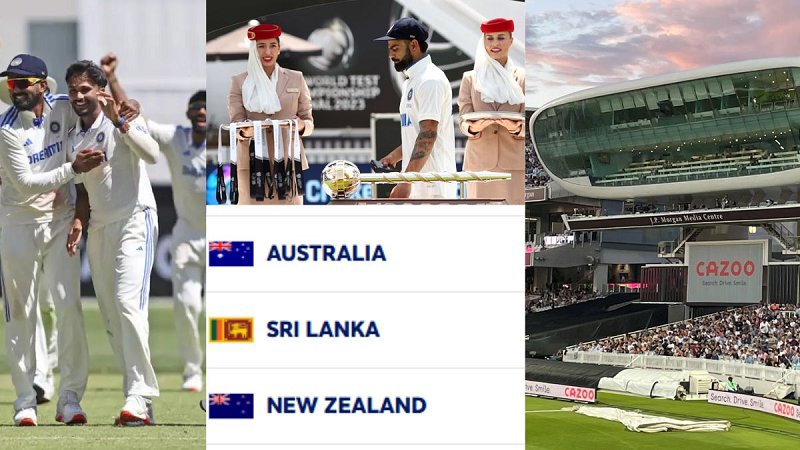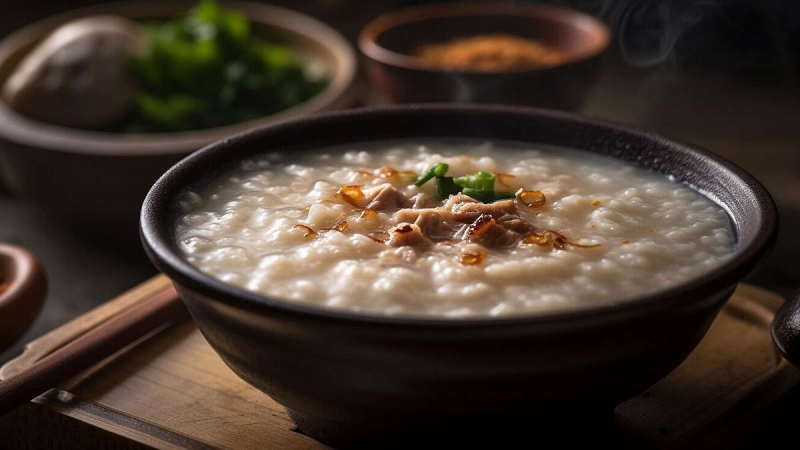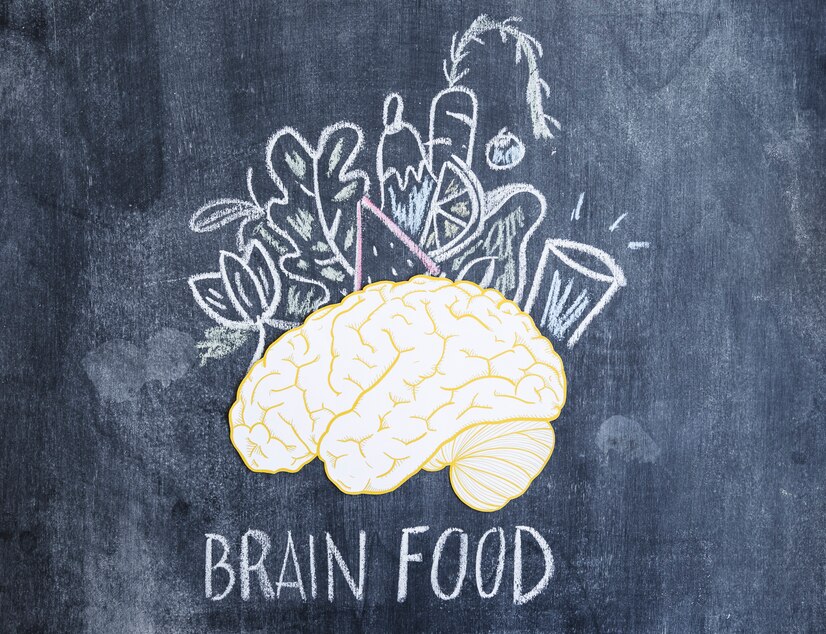
Hepatitis, an inflammatory disease of the liver, can increase the risk of several serious health problems. Liver inflammation can be caused by certain types of viruses (viral hepatitis), chemicals, drugs, alcohol, and genetic disorders. In the year 2019, more than eight lakh people died due to Hepatitis-B. World Hepatitis Day is celebrated every year on 28 July to reduce the risks of this disease globally and make people aware.
Doctors say the risk of hepatitis increases even more during the rainy season. This is the reason that all people should keep following the methods of prevention from it. In these days of monsoon, due to contaminated water, the risk of this disease becomes very high.
Let us know about this disease.
There is a risk during monsoon days
Doctors say hepatitis can be of many types, however, a rise in hepatitis-A and E cases is seen during monsoon. Both of these spread through contaminated water and food. Although hepatitis is known to be a short-term problem, more than half of people may be at risk of long-term infection.
The effect of any problem in the liver can affect the health of the whole body, so efforts should be made to reduce its risks.

Higher risk of hepatitis-A
Doctors say hepatitis A is highly contagious, but it can last for a few weeks or even months without causing any significant effect on long-term liver health. Hepatitis-A is spread through unhygienic food or contaminated water, which is why it is common during the monsoon season. There is no specific treatment for the infection and hence preventing its spread becomes important.
People with chronic health problems or pre-existing liver disease are at risk of liver failure and even death.
How to avoid hepatitis A and E?
Hepatitis-A and E are usually spread through food and water, which is why the risk is highest during the rainy season. Keeping some things in mind, its danger can be reduced.
Wash hands after using the bathroom and before eating.
It is important to ensure that the food is cooked well.
Only bottled water should be consumed during the journey.
Avoid fruits and vegetables that have even a slight rot.
It should be consumed only after washing fruits and vegetables thoroughly.
PC Social media










